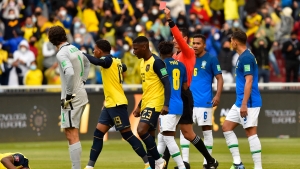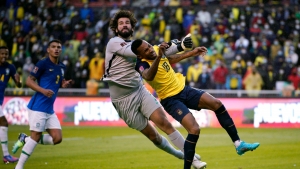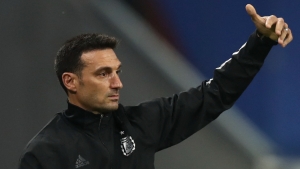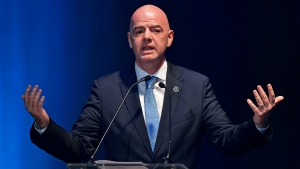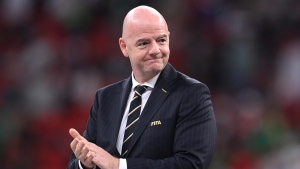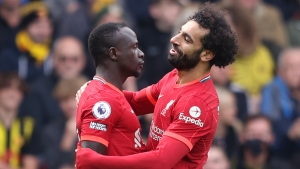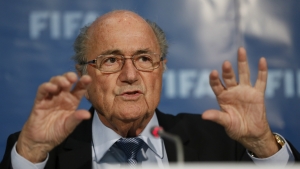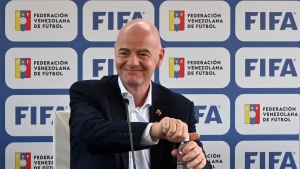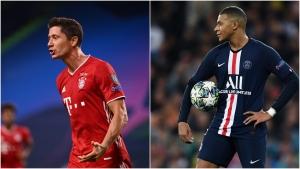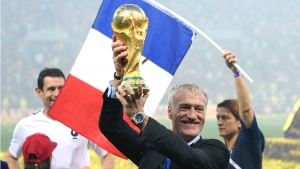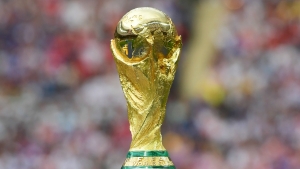FIFA president Gianni Infantino has curiously suggested biennial World Cups could convince African people to not cross the Mediterranean Sea "in order to maybe find a better life but, more probably, death".
World football's governing body, led by chief of global football development Arsene Wenger, has been promoting proposals for the World Cup to change its current quadrennial format.
FIFA reported to its member associations at their global summit in December that the changes would make the sport $4.4billion richer over the first four-year cycle.
According to Infantino, that figure would then climb to $6.6billion if each confederation also switched its flagship regional competition to become biennial, while FIFA claimed its members were largely in support of the plans.
UEFA has continuously opposed the proposals, while some domestic competitions – such as the Premier League – have also urged FIFA to keep things as they are.
But FIFA has been pressing ahead with feasibility studies and opinion polls, with its plan seeming to revolve around greater global participation.
However, in an address to the European Council on Wednesday, Infantino's attempts to further sell the idea took a puzzling turn, as he appeared to claim biennial World Cups could prevent refugees from fleeing to Europe from Africa.
He said: "The final topic I'd like to mention briefly is the future of football… Let me say on this topic, we'd have preferred to be engaged in a debate with the European Council, and I take this first step in discussing the future as well of course with the Council, because this topic is not [just] about whether we want a World Cup every two years.
"It's about what do we want to do for the future of football. The [European] Super League was mentioned earlier... We see that football is going to a direction where the few have everything and the vast majority have nothing.
"I understand. In Europe, the World Cup happens twice per week because the best players are playing in Europe. In Europe there's no need for additional events, but if we think about the rest of the world, and even in Europe, the vast majority of Europe that doesn't see the best players, that doesn't participate in the top competitions.
"Then we have to think about what football brings, which goes beyond the sport, because football is about what I was saying at the beginning – it's about opportunities, about hope, about national teams, the country, heart, the joy and emotion.
"You cannot say to the rest of the world, 'give us your money and if you happen to have a good player, give us the player as well, but you just watch on TV'.
"We need to include them. We need to find ways to include the entire world, to give hope to Africans so they don't have to cross the Mediterranean in order to, maybe, find a better life but more probably death in the sea.
"We need to give opportunities and we need to give dignity, not by giving charity but by allowing the rest of the world to participate. Maybe a World Cup every two years isn't the answer, [but] we discuss it, debate it.
"We started the process with a vote of 88 per cent of the FIFA congress, including 30 European members out of 55, to debate and see what the best way is to be more inclusive, not just to speak about saying no to discrimination, but to actually act in that direction by bringing everyone on board, trying to give opportunities and dignity to the entire world."
























